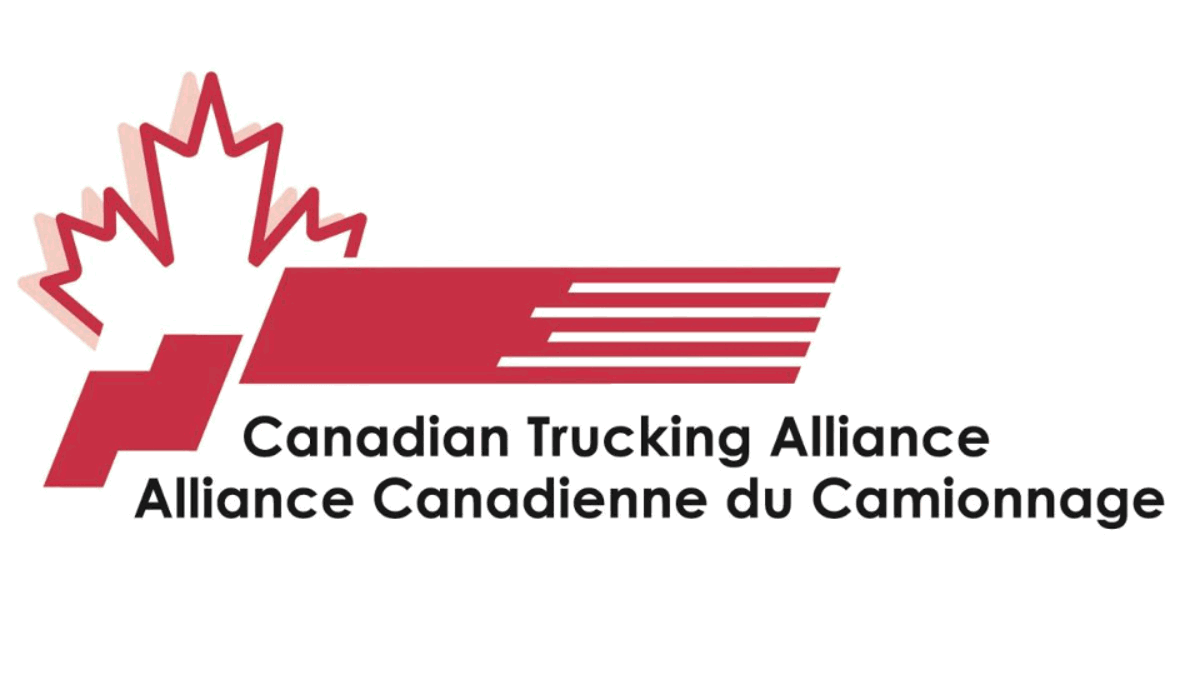
CTA: US Tariffs Unjustified, but More Must Be Done
February 2, 2025

Saskatchewan Trucking Association Comments on the following Canadian Trucking Alliance News Release
Saskatchewan’s Trucking Industry Faces Economic Pressures Amid Rising Costs and Regulatory Challenges
The Saskatchewan trucking industry is navigating increasing financial pressures as companies grapple with rising costs for equipment, fuel, and maintenance. Lower freight volumes, supply chain disruptions, extended wait times, potential additional paperwork, and border delays can add inefficiencies to an already strained system. For small and mid-sized trucking companies, economic uncertainty is making it increasingly difficult to remain competitive.
The Saskatchewan Trucking Association (STA) continues to advocate on behalf of the Saskatchewan Trucking industry, working closely with the Saskatchewan government and the Canadian Trucking Alliance to push for the removal of interprovincial trade barriers, including restrictions on oversized loads, designated routes, and Long Combination Vehicle (LCV) harmonization. The STA has also formally requested that the new Minister of Corrections and Policing, Honourable Tim McLeod, take action to enhance commercial vehicle enforcement and ensure weigh scales are fully staffed in order to provide additional security on our highways and at borders.
One immediate step the federal government could take to ease financial strain is removing the Carbon Tax from diesel fuel, which is essential for the trucking industry. With another tax increase scheduled for April 2025, this added expense will significantly impact transportation costs. Given that 80% of goods in Canada move by truck, rising fuel costs will ultimately contribute to higher prices for groceries and other essential items.
The STA remains committed to working with the province to support industry stability and growth. The association is also urging its members to engage with their U.S. customers to highlight the economic impact of tariffs on both sides of the border.
Canadian Trucking Alliance News Release
In the wake of US tariffs announced by President Donald Trump yesterday, the Canadian Trucking Alliance is imploring Ottawa, the premiers, and officials in Washington to immediately come to the table and end this unwarranted trade conflict.
Donald Trump made tariffs a campaign promise and last night followed through by implementing tariffs of 25% on Canadian exports (10% on oil and gas). The president and senior administration staff have repeatedly cited the sourcing and distribution of fentanyl as Trump’s key reason for implementing the tariffs on Canada and Mexico.
An executive order published today, titled Imposing Duties to Address the flow of Illicit Drugs Across the Northern Border, appears to recognize that the smuggling of fentanyl and “unvetted illegal migration” mainly originates in Mexico, but states the “northern border is not exempt from these issues” and nonetheless penalizes Canada equally.
“This has gotten out of hand,” says CTA president Stephen Laskowski. “The reality is the tariffs are unreasonable are out of proportion to the problem. The tariffs are like taking a sledgehammer to crack a nut.”
“We support Team Canada and our provincial and territorial governments, along with business, labour, and other leaders that have been working vigorously on a robust response. But the reality is the Americans clearly believe we are not doing enough to address their concerns. We therefore need Ottawa and Washington to come to together to find common solutions to this specific challenge rather than bringing economic chaos to both countries.”
Accordingly, CTA is calling on Prime Minister Justin Trudeau to immediately end the prorogation of Parliament.
“Parliament is where the business of government functions and so it’s imperative it is restarted as we face this crisis,” says Laskowski. “As a nation, we must support Team Canada to withstand these unfair tariffs, while also sending a strong message to the Americans that we are ready at the highest levels to work together.”
American business partners agree these tariffs will devastate the economies of both countries. The U.S. Chamber of Commercestated today that “tariffs are not the answer”, and while focusing on the border and “the scourge of fentanyl” in the US is important, the “imposition of tariffs … won’t solve these problems, and will only raise prices for American families and upend supply chains.”
The Canadian trucking industry is already reeling from the tariff announcement. It has sent shockwaves throughout the supply chain and there are reports of operations and markets being impacted overnight.
The majority of all Canada-US trade moves by truck. Even amid one of the worst freight recessions in half a century, the Canadian trucking industry still moved more than $350 billion worth of imports into the U.S. in 2024 – including tens of billions in motor vehicles and parts; farm fishing and food products; chemicals, forestry and petroleum and energy.
The imposition of 25% tariffs will cripple a trucking industry beleaguered by a depressed market, skyrocketing costs and unfair competition by unscrupulous carriers which operate unabated in the underground economy. Many of these same gross violators are also exacerbating the cross-border security threat this U.S. administration is increasingly concerned over. With freight volumes already bordering at unstainable levels, long-term tariffs will undoubtably lead to major downsizing and closures for trucking companies and countless other Canadian businesses that rely on the supply chain.
“The trucking industry is experiencing cost inflation at an unsustainable rate, while revenue quality continues to decline. Carriers are shrinking fleets and workforces to survive, but customer expectations and operational demands continue to rise. An already oversupplied market cannot afford further disruptions, and tariff-related policy changes will have devastating effects on our industry,” says Greg Arndt, CTA chair. “Tariffs could likely be the nail in the coffin for many fleets across Canada.”
Although the trucking industry is ready assist governments in improving border security to curb the flow of large shipments of illicit goods and human trafficking at the border, Trump’s executive order mainly focused on increasing enforcement on fentanyl labs abroad as well as heavier scrutiny of illicit distribution networks and international mail — due to the existing administrative exemption from duty and taxes, also known as de minimis.
“The issue of de minimis does not impact most of the $350 billion in trade between our countries,” said Laskowski. “Again, the U.S. response is offsides and the scope of the tariffs are grossly disproportionate to the problem.
“As Canadians we need to stand together. We are facing uncertain and unstable times. We will need our federal leaders to resume Parliament and work with the provinces to send a strong message to Washington that we will do what it takes to end this conflict. We also imploring the Americans to realize this response is unreasonable and remember that we are historic allies— arguably the closest the world has ever seen—and we must return to that relationship for the health and prosperity of Canadians and Americans.”
CTA is urging all political leaders federally and provincially to focus immediately on working toward meeting the U.S. security requirements. In the meantime, CTA asks that the premiers quickly turn their attention to implement measures within Canada which remove barriers and perhaps increase efficiencies, productivity, and provide a modest degree of resiliency in the face of U.S. tariffs.
Empowering Women with Transportation Industry Skills
Women Shifting Gears
The STA, YWCA Saskatoon and Saskatchewan Ministry of Immigration and Career Training have launched a pilot-program to encourage more woman to participate in the trucking industry.



